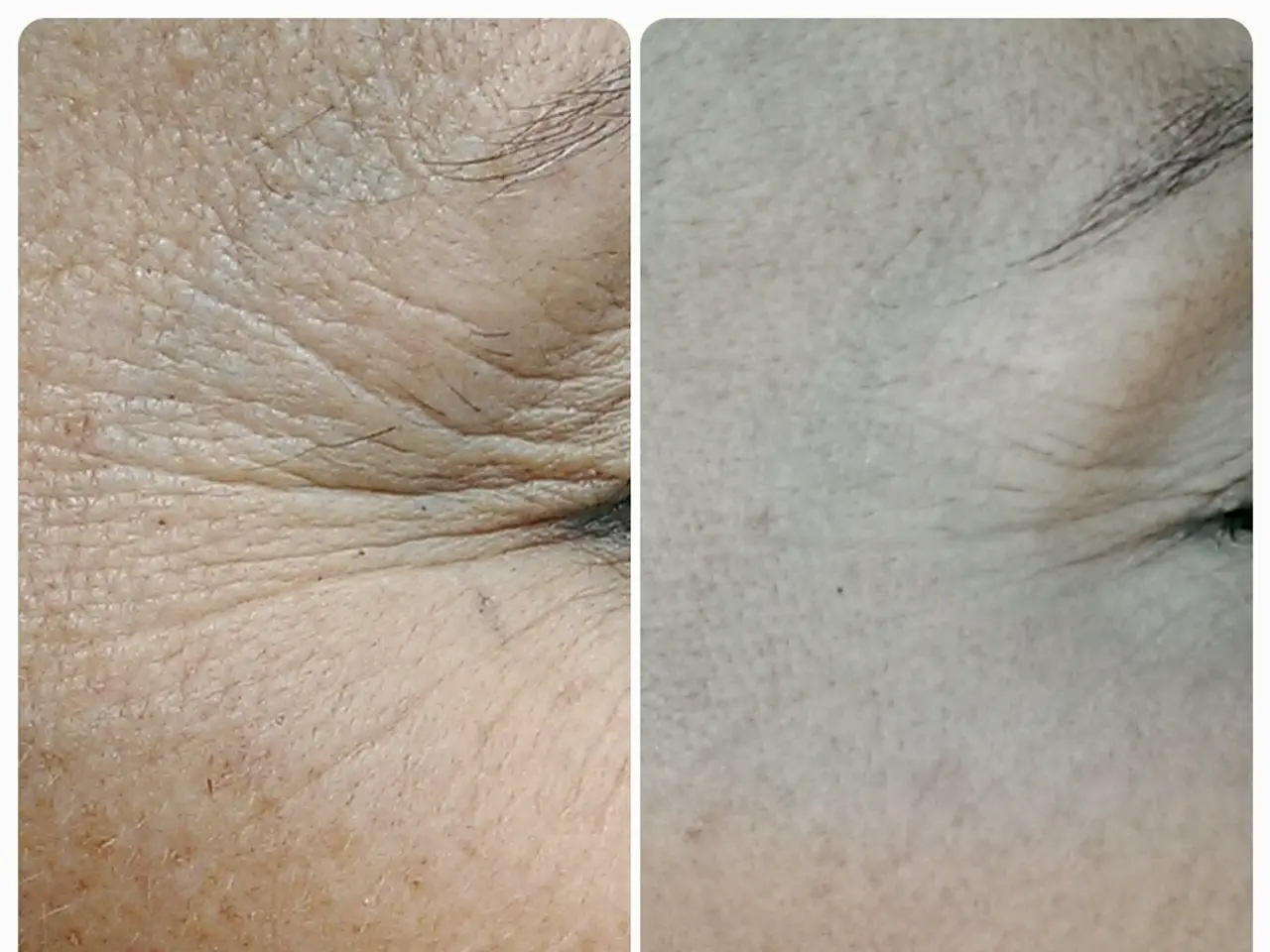Impact of Diet on Wound Recovery and Skin Renewal
Wound healing is a complex process that involves multiple stages, each requiring specific nutrients for proper healing and the prevention of complications. Adequate nutrition plays a crucial role in this process, as it helps transport essential nutrients to the wound site, supports tissue regeneration, and boosts the immune system.
Water, for instance, is vital for cell regeneration and overall healing. It helps carry nutrients to the wound site and flushes out toxins, ensuring the balance of bodily fluids.
The phases of wound healing include hemostasis, inflammation, proliferation, and maturation. Each phase requires different nutrients for optimal healing. For example, Vitamin A is critical for skin cell production and immune function, making it essential during the inflammatory and proliferative phases of wound healing.
Iron, a key component of hemoglobin, the protein in red blood cells that carries oxygen throughout the body, also plays a vital role in wound healing. It supports oxygen transport to tissues, aiding in the healing process.
Protein is another fundamental macronutrient that the body uses to repair damaged tissues. Leucine, an essential amino acid found in protein-rich foods, is particularly important during the proliferation phase of wound healing.
Vitamin C, an antioxidant that helps combat free radicals, plays a key role in collagen synthesis. It is essential during all phases of wound healing, from the initial stages to the maturation phase. Copper, too, is important during the maturation phase, as it plays a key role in the formation of collagen and elastin fibers.
Zinc, essential for immune function, protein synthesis, cell division, and collagen formation, is another nutrient that significantly impacts wound healing.
In some cases, supplementation may be necessary to ensure individuals are getting the nutrients they need to support recovery. Foods rich in these key nutrients include protein sources, fruits rich in vitamin C, leafy greens rich in iron, and foods fortified with vitamin A.
Chronic illnesses, such as diabetes mellitus, chronic venous insufficiency, and atherosclerosis, are diseases where targeted nutrition plays a particularly significant role in wound healing. These conditions are strongly associated with chronic wounds and impaired healing processes. Nutrient deficiencies, especially in vitamins such as Vitamin C and E, greatly affect wound healing, particularly in chronic illnesses and the elderly.
For individuals suffering from chronic wounds, nutrition plays an even more significant role in recovery. A targeted nutritional approach, incorporating high-quality proteins, anti-inflammatory foods, and immune-boosting nutrients, can help manage chronic wounds and accelerate healing.
In conclusion, a balanced diet rich in the key nutrients for proper wound care and skin repair—protein, vitamin C, zinc, iron, vitamin A, vitamin K, and copper—is essential for optimal wound healing and skin regeneration. Adequate hydration and a targeted nutritional approach can significantly improve the rate and quality of wound healing, making it a vital aspect of overall health and well-being.
Read also:
- Nightly sweat episodes linked to GERD: Crucial insights explained
- Antitussives: List of Examples, Functions, Adverse Reactions, and Additional Details
- Asthma Diagnosis: Exploring FeNO Tests and Related Treatments
- Unfortunate Financial Disarray for a Family from California After an Expensive Emergency Room Visit with Their Burned Infant








